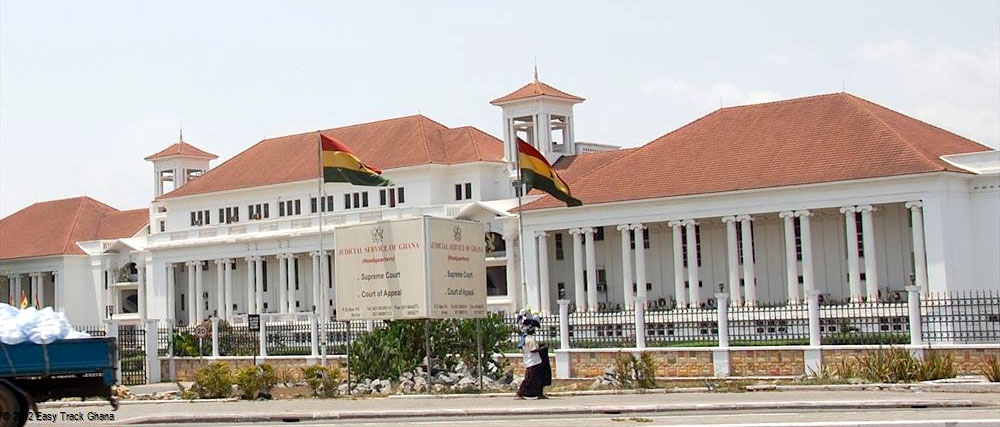
Constitutionality of anti-gay bill challenged
A Ghanaian broadcaster and legal practitioner, Richard Sky, has filed a suit at the Supreme Court challenging the constitutionality of the Human and Sexual Rights and Family Values Bill, popularly known as the anti-gay bill.
Advertisement
Among other reliefs, the plaintiff is asking the court to restrain President Nana Addo Dankwa Akufo-Addo from giving his assent to the bill for it to become a law.
In a writ invoking the jurisdiction of the apex court to interpret and enforce the Constitution, Mr Sky is also seeking an order from the court to restrain the Speaker and Clerk of Parliament from presenting the bill to the President for him to give his assent to it.
He is further seeking an injunction against any attempt to enforce the bill, especially the aspect that criminalises same sex relationship.
The writ filed at the Supreme Court last Tuesday, March 5, 2024, contended that the anti-gay bill contravened many provisions in the Constitution such as Article 12 (1) which enjoins all arms of government to respect and uphold the fundamental human rights of all persons; Article 15(1) which protects the dignity of all persons, and Article 18(2) which protects the privacy of people.
Other provisions, he argued, are Article 17(1) which provides for equality before the law and Article 21(a) and (b) which protects freedom of speech and thought.
The plaintiff is, therefore, seeking a declaration from the highest court of the land that the bill violates all the above provisions, as well as 106 and 108 which dictate the mode by which Parliament can pass a bill.
Again, Mr Sky is seeking a declaration from the court that at the time the bill was passed, Parliament lacked the requisite quorum as stipulated in Articles 102 and 104 of the Constitution.
This is not the only suit challenging the constitutionality of the bill.
Even before the bill was passed by Parliament, a human rights activist and researcher, Dr Amanda Odoi, had gone to the Supreme Court with a case that the Speaker of Parliament and Parliament in general had violated the Constitution.
It was her case that the Speaker of Parliament breached Article 108 of the 1992 Constitution by not giving an opinion on whether the bill, when implemented, could lead to financial consequences on the country through a charge on the consolidated fund.
However, that suit is yet to be determined by the apex court On February 28, this year, Parliament passed the Human and Sexual Rights and Family Values Bill, which was a bi-partisan private member’s bill.
If assented to by the President, the bill, which enjoyed overwhelming support of members of the House, will impose three years’ minimum jail term and five years’ maximum incarceration on those who engage in and promote homosexual activities in the country.
It has thus criminalised and prohibited pro-gay advocacy, as well as those who fund the activities of lesbian, gay, bisexual, transgender, intersex, queer/questioning, asexual, among other such people.
The passage of the bill has since generated diverse reactions with its opponents describing it as a drawback of the human rights status of the country, while proponents insist it was neccessary to guard against the normalisation of homosexual activities.
Although the bill is yet to reach the desk of President Akufo-Addo, he indicated last week that he would wait until the Supreme Court determined the constitutional challenges mounted against the bill.
Writer’s email: [email protected]




